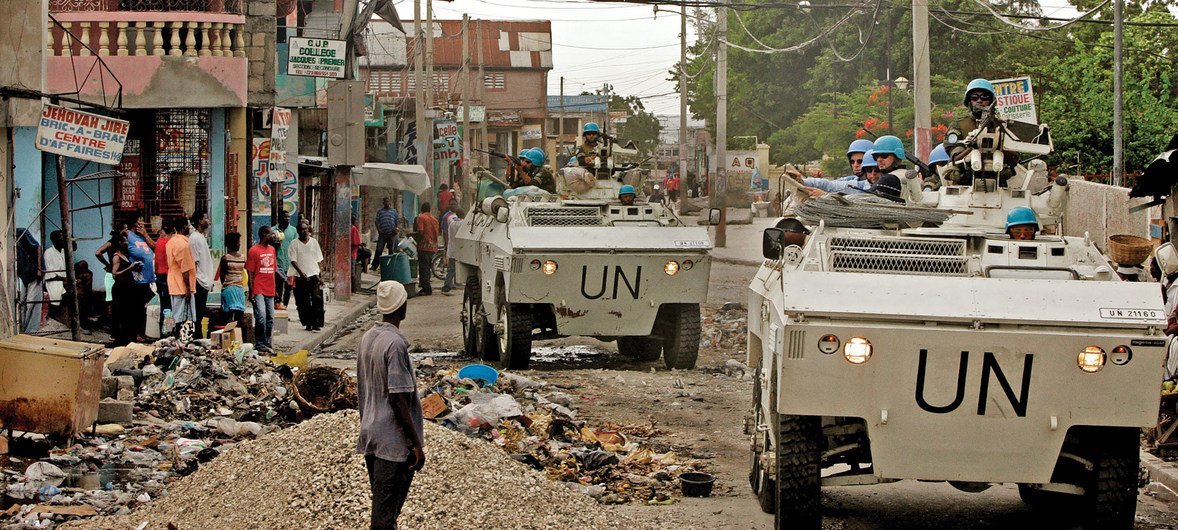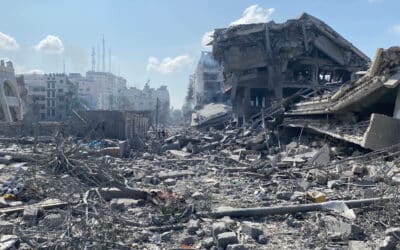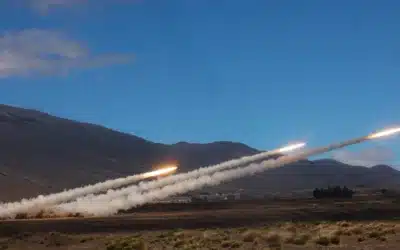The United Nation’s most powerful body is set to vote on a US-backed resolution that will authorize a Kenyan-led military force to be sent to Haiti. The White House hopes the deployment will restore order in Port-au-Prince, where gangs are estimated to control 80% of the capital city. However, the UN legacy in Haiti is causing more harm than providing aid.
The US-drafted UNSC resolution to authorize sending a Kenyan-led multinational force into Haiti for one year will be voted on Monday. According to the legislation, the troops will work with local police to plan “and conduct joint security support operations as it works to counter gangs and improve security conditions in Haiti.” The force will help secure “critical infrastructure sites and transit locations such as the airport, ports, and key intersections.”
Port-au-Prince has faced growing violence since Haitian President Jovenal Moise was assassinated in 2021. Washington backed Ariel Henry’s claim to power in Port-au-Prince. Henry has been a vocal backer of a UN mission, even as Haitians have voiced dissent. When contacted by the AP for a statement on Monday’s vote, Henry’s office was unable to respond because it was unaware of the schedule.
The UN last authorized a deployment to Haiti in 2004, which lasted until 2017. That mission was plagued by human rights abuses committed by the occupying forces. Sexual abuse, even of underage girls, was rampant. Additionally, the UN forces caused a cholera outbreak that killed nearly 10,000 people.
It is unclear if the resolution will pass the UNSC. Any of the five permanent members – the US, UK, France, Russia and China – of the body can kill any pending matter. Washington’s relationships with Beijing and Moscow are near historic low points, so either Russia or China could veto the American resolution.
































